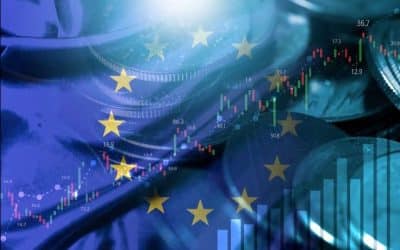U.S. debt ceiling debate delayed (but not over)

Redacción Mapfre
As predicted, Congress passed a $480 billion debt ceiling increase (The White House has said President Biden will sign it into law). When it was first reported that a deal had been reached last week, global markets signaled their approval with markets worldwide registering their largest single day increase since May.
Unfortunately, nothing has changed. Congress simply “kicked the can down the road,” and another standoff will most likely occur in early December when the $480 billion is projected to run out as Senate Minority Leader Mitch McConnell has already said Republicans will not back a second extension.
These games of political chicken are dangerous, and sooner or later Congress could manufacture an economic disaster by making the US default on its debt. The stakes are just too high for partisan politics. Researchers at the Federal Reserve wrote during the 2013 debt ceiling crisis (according to The Economist), that if a default were to occur “yields on American debt would spike, the dollar would plunge in value, equities would fall by a third and a mild recession would ensue.”
Congress should stop the madness and start working on a permanent solution to this senseless problem. There are too many real problems in the world to have time to deal with manufactured ones.
Jonathan Boyar, CEO of Boyar Value Group


